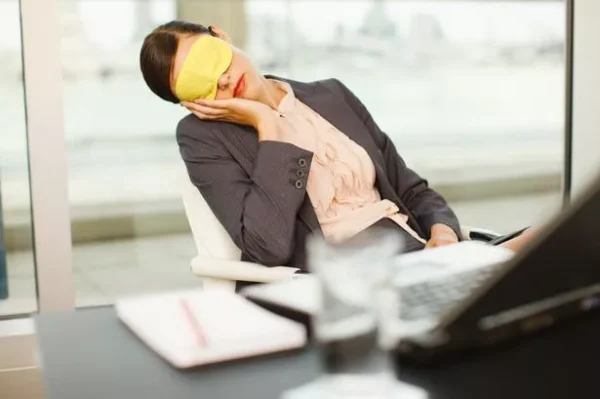
Blue Monday: Turning the ‘Most Depressing Day of the Year’ into a Boost for Mental Health

Blue Monday is known as the ‘most depressing day of the year’. Returning to work after the festive period, cold dark mornings, and nights and still a week away from payday all contribute to many individuals feeling blue. Blue Monday occurs on the third Monday of every January, this year it falls onto Monday 20th of January.
This day serves as a reminder of the importance of prioritising mental health. There are many ways, which can boost one’s mood and reduce stress and anxiety. According to the NHS, engaging in at least two hours of exercise per week can significantly help combat stress and enhance well-being. Cycling is a great way to get some fresh air. While the physical benefits of cycling are clear, its positive impact on mental well-being might be surprising to some people.
“With mental health increasingly becoming a central focus, activities like cycling offer a compelling way to improve mental and physical well-being” says Simon Bennett, Managing Director of cycleGuard.
Here we share the mental health benefits of cycling to help improve people’s mental and physical well-being.

Improves well-being
Regular physical activity helps to combat stress, depression and anxiety. Cycling to work is a great way to improve one’s well-being every day. A study carried out across a number of European cities, found that using a bike to get around can help with lowering perceived stress and fighting the feeling of loneliness. The research, conducted by ISGlobal, compared different ways of getting around such as: walking, taking the car or public transport, and claimed that cycling was the number one mode of transport for improving well-being.
Reduces anxiety
One study has shown that less than an hour of cycling helps the body produce the endocannabinoid anandamide (AEA). This is a naturally occurring chemical that helps to regulate many things within the human body, including stress.
Cycling has also been linked with reducing anxiety. A study of almost 300 students found that riding a bike helped reduce signs of anxiety.
Boosts memory and reasoning
All aerobic exercise can be good for the brain as it helps to maintain blood flow to the organ providing it with a supply of nutrients and oxygen. People who exercise regularly often find that their judgement, learning and thinking remains sharp as they age. But it’s not just older people who benefit from this link between physical exercise and brain function, even youngsters claim that a bike ride can help their thought processes.
A study had a group of healthy young men pedal a stationary bike at a moderate pace for 30 minutes. The group completed a series of tests before and after the exercise. The study found that after their 30-minute pedal they scored higher on memory, planning and reasoning and were able to complete the tests quicker than before the exercise.
Cycling regularly can have many benefits on mind and body.











































